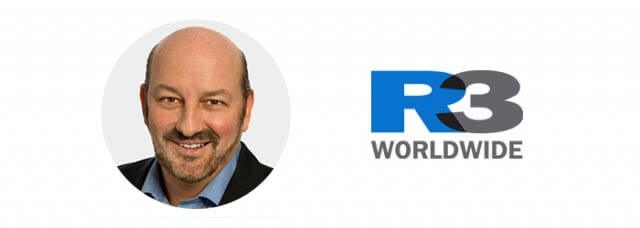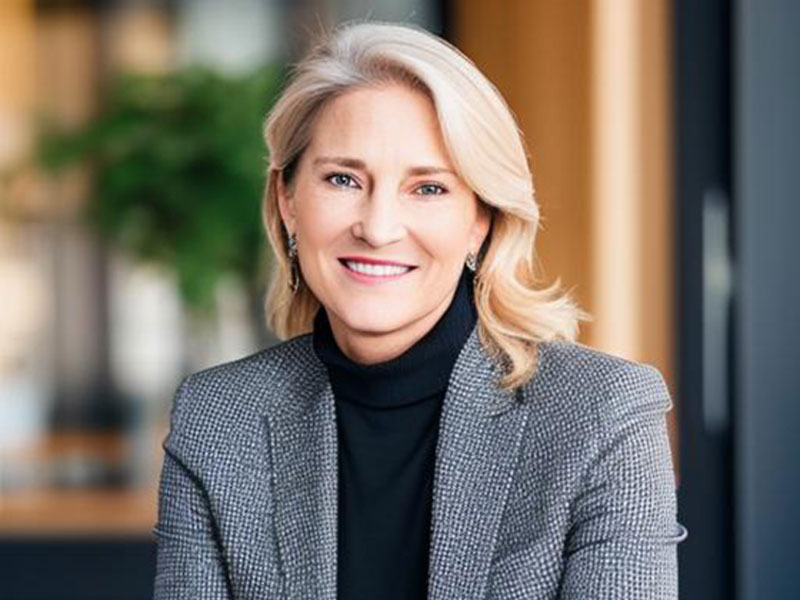Longtime WPP CEO Martin Sorrell’s abrupt departure Saturday shocked the industry.
Sorrell, 73, is the advertising giant’s founding CEO and the only person to hold the title since 1986. But despite his age, WPP’s board never named a possible successor for the company.
There are many options to choose from, said Brian Wieser, senior research analyst at Pivotal Research.
“They probably have the deepest management bench in the industry, with lot of people in their 40s and early 50s very well-seasoned to become successors,” he said.

But while agency CEOs are generally career marketing executives with experience across media and creative, holding companies are often managed by executives with financial backgrounds. If the next WPP chief were to come from the agency world, he or she would need to partner closely with its CFO Paul Richardson “to come close to matching the dynamic of Sorrell,” said Greg Paull, principal at research firm R3.
Sorrell himself entered the media world with an accounting background. So did IPG CEO Michael Roth, who joined to help the company weather a five-year SEC investigation into accounting irregularities in 2005.
Omnicom CEO John Wren also came up through a finance background, serving as SVP of finance and administration for DDB. And MDC Partners CEO Scott Kauffman served as the CEO of multiple technology companies, including GeekNet, BlueLithium and AOL Music Now, before taking the helm.
But there are exceptions, like Publicis Groupe CEO Artur Sadoun, who has a creative agency background, having served as CEO of Publicis Communications and creative agency Publicis Worldwide. And Yannick Bolloré, CEO of Havas, was CEO of Havas Creative Group and Havas Worldwide.
Wieser said he thinks WPP likely won’t choose Chairman and acting CEO Roberto Quarta as a permanent CEO because unlike holding company peers, WPP has always maintained separation between senior management and the board.
“There’s a proper separation of the chairman of the board and the CEO,” he said. “He’s not an insider of the industry and that’s as it’s supposed to be. It would surprise me if he would become CEO.”
At other holding companies like Omnicom, which appointed Wren as its chairman on Friday, management is much more heavily controlled by the board, Wieser added.
“It feels like the board is actually independent in a much more meaningful way [at WPP],” he said. “When you have a board who is captive to management, you would never expect anyone but a manager to take over.”
Given these factors, here is a list of Sorrell’s possible successors as CEO of WPP:
Mark Read, global CEO, Wunderman
As a longtime WPP executive and a member of its board, Read is known by investors and board members. He worked at the holding company for 12 years before becoming global CEO of Wunderman, agency leadership experience that was likely a prerequisite to become CEO of the group, Wieser said.
Read was also CEO of WPP Digital and led the company’s acquisition of 24/7 Real Media, giving him a background in a major focus area for the group. WPP has been the most acquisitive among its holding company peers around data and ad tech, and Read’s experience in the realm could align with WPP’s transformation that’s already in play.
“[Read has] been groomed for bigger things for a long time,” Paull said.
Eric Salama, CEO, Kantar
Salama is known well by executives across the holding company. He served as CEO of WPP.com and director of strategy of WPP. He was also on WPP’s board before stepping down to serve as CEO of Kantar in 2007.
While Kantar gets a lot of flak from investors for its slow growth, its custom research business was a core part of Sorrell’s long-term vision for WPP, Wieser said. With Salama on board as CEO, that vision could be carried to fruition.
“Both Read and Salama lead important data-centric businesses that are at the heart of modern marketing,” Paull said. “They have very complementary skills, but even they will be the first to admit to the enormity of the task.”
Lindsay Pattison, chief transformation officer, WPP
Pattison is a rising star at WPP, having been named chief transformation officer of GroupM in May 2017. Formerly CEO of Maxus, she has the requisite experience running an agency. And hiring the first-ever female CEO of an agency holding company could be a smart progressive move by WPP.
Pattison, however, doesn’t have as deep of a financial background as other contenders, or as close of a relationship with the board.
“I don’t know that she has as much depth of relations across the company relative to some of the other candidates,” Wieser said.
Andrew Scott, corporate development director and chief operating officer for Europe, WPP
Scott is COO of WPP in Europe, which represents about 40% of the group’s revenues. He’s been integral in much of the M&A activity at WPP since joining the company in 1999.
He is, however, a lower-profile executive than other contenders, which makes it more difficult to discern his position among the board, Wieser said.
“To some degree, the board is going to have a nuanced view on someone like him,” he said.
At the end of the day, the decision on who succeeds Sorrell as CEO will depend on the strategic direction of the board.
“If you have one vision at the board level, that favors one kind of CEO over the other,” Wieser said.





